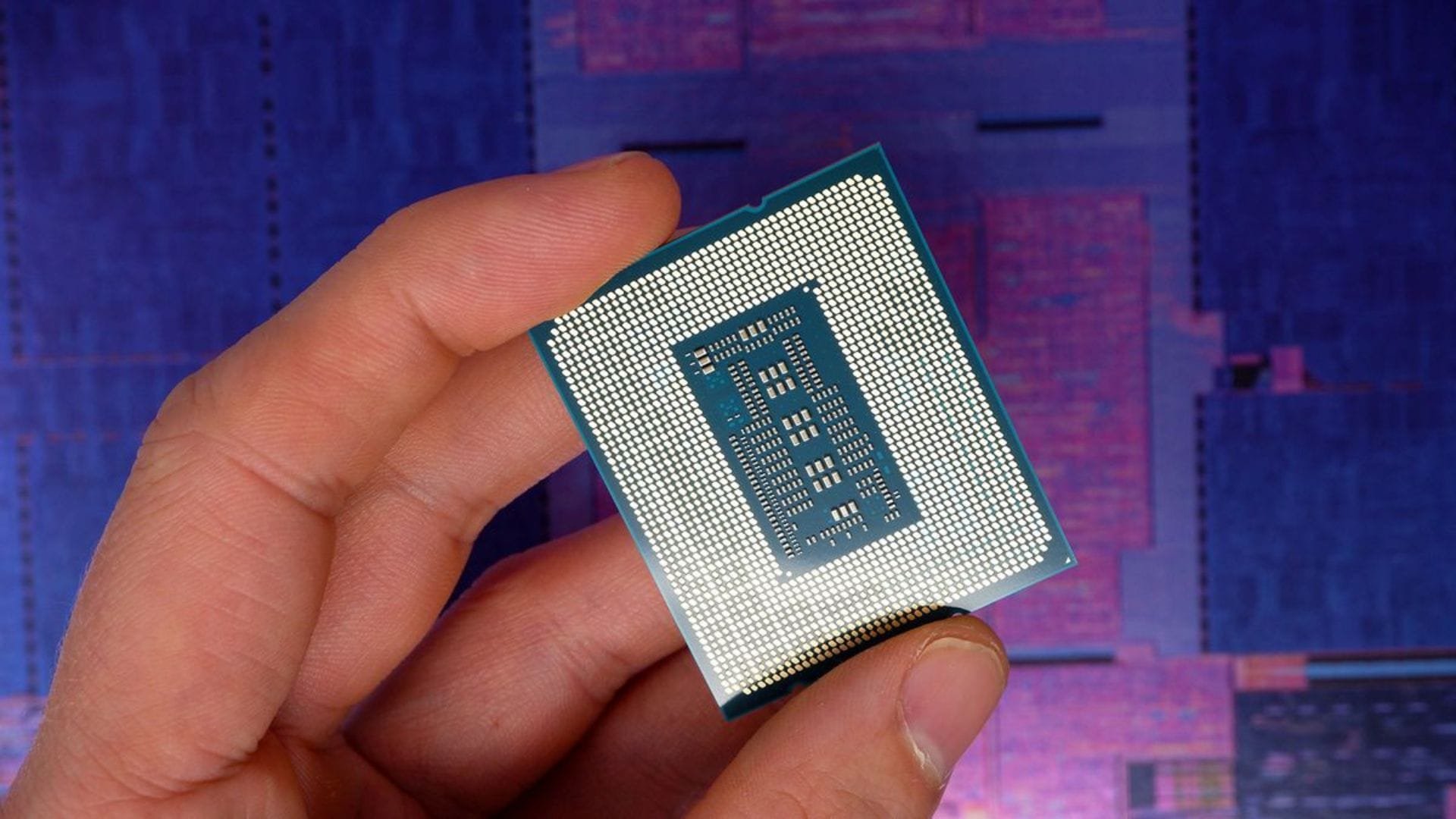Intel introduces a microcode patch to fix crashing issues in 14th Gen Core i9-14900K processors
Intel's microcode patch aims to resolve crashing issues in 13th and 14th-generation processors, but the absence of a recall raises concerns.

Intel has recently launched a microcode patch to tackle the issue of CPU crashes caused by high voltages in their 13th and 14th Gen processors. This update is particularly significant for those who have experienced frustrating crashes, especially during gaming sessions. If you’ve encountered game crashes while running benchmarks with the i9-14900K, this patch might be the remedy you need. However, Intel’s overall response to these concerns remains mixed, raising doubts about the long-term reliability of these processors.
Table Of Content
Continued sales and no recalls
When questioned about a possible recall for the affected CPUs, the company’s stance was clear: there will be no recall, and sales will carry on as usual. Furthermore, Intel has not yet provided any information on extending warranties for those affected by the issue. This is troubling news for Intel users who are facing these problems.
Tom’s Hardware reports suggest that the damage to some affected CPUs could be irreversible. While the microcode patch is designed to stop crashes in processors that haven’t been compromised yet, it does not offer a solution for chips already damaged by voltage problems.
Intel has expressed confidence in the microcode patch as a preventative measure for processors already in use. The patch might also provide stability improvements for processors currently affected, and customers experiencing instability are encouraged to contact Intel customer support.
Processors were impacted, and user concerns
This issue affects Intel Core 13th and 14th Gen desktop processors with a base power of 65W or higher, including all K/KF/KS and non-K variants. Although the microcode patch is a positive step, a recall or extended warranty is needed, which raises questions about Intel’s commitment to its users.
Many users wonder if Intel’s approach is a short-term fix rather than a comprehensive solution. The effectiveness of the microcode patch in addressing the underlying voltage issues remains uncertain, and users who have already experienced damage might feel unsupported by Intel’s current measures.
Impact on user trust
Intel’s management of this situation will likely influence user trust and loyalty. While the company has taken steps to address the issue, the mixed response and lack of additional support measures might affect how users view Intel’s commitment to quality and customer service. The actual test will be how effectively the microcode patch prevents further issues and whether Intel takes more decisive action if problems continue.
Intel’s introduction of the microcode patch is a significant development for those experiencing crashes with their 13th and 14th Gen processors. However, the company’s decision not to recall the affected CPUs and the lack of clarity on extending warranties leave many questions unanswered. For now, users will have to rely on the microcode patch and hope it provides the required stability and reliability.
















